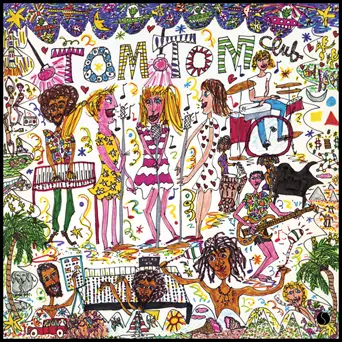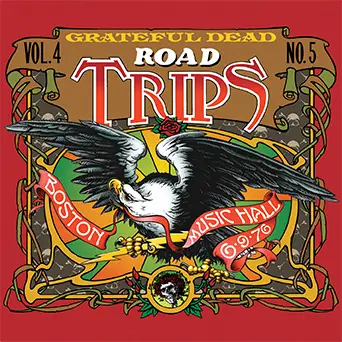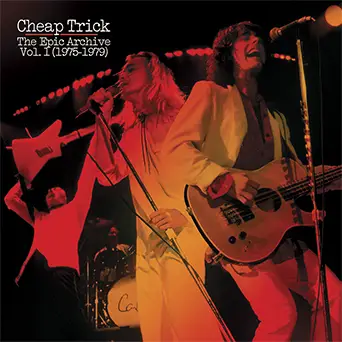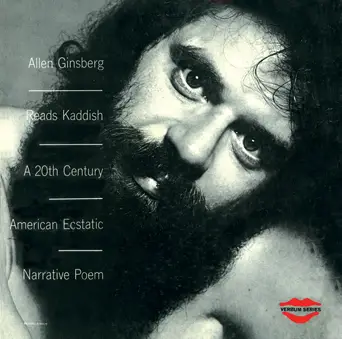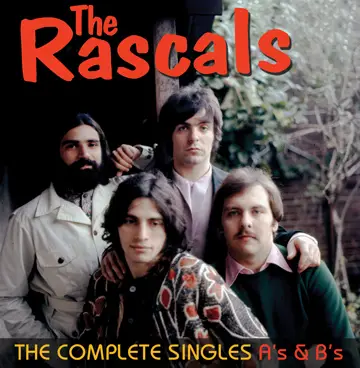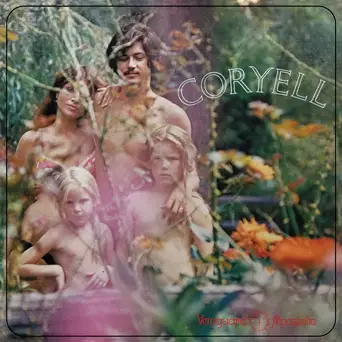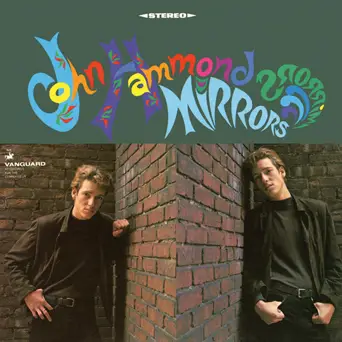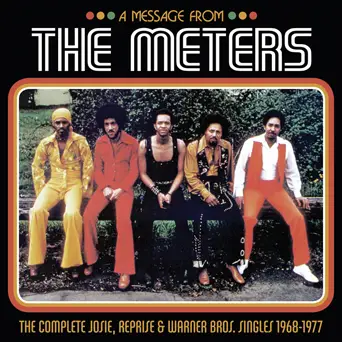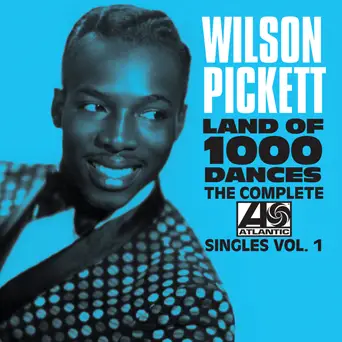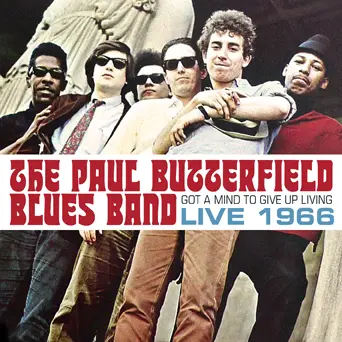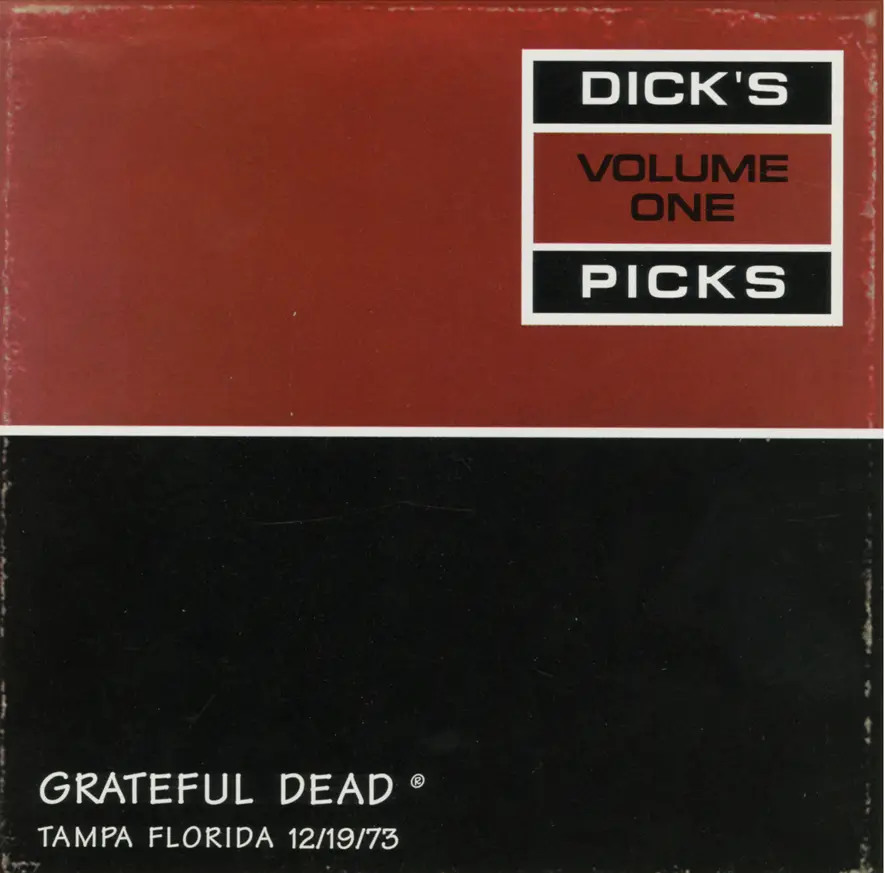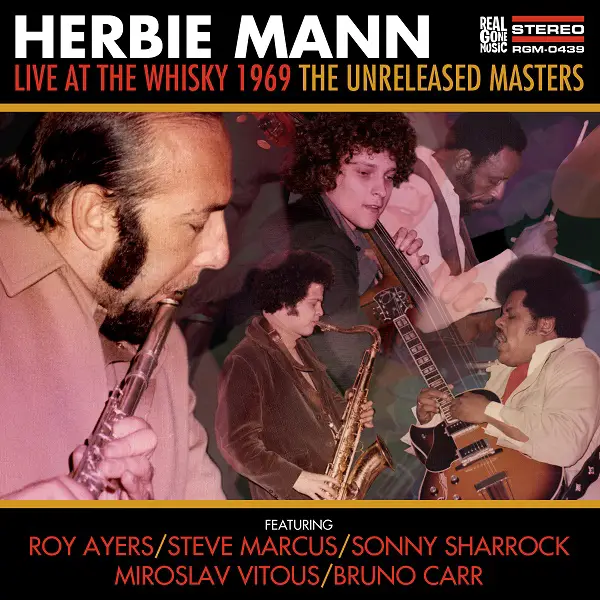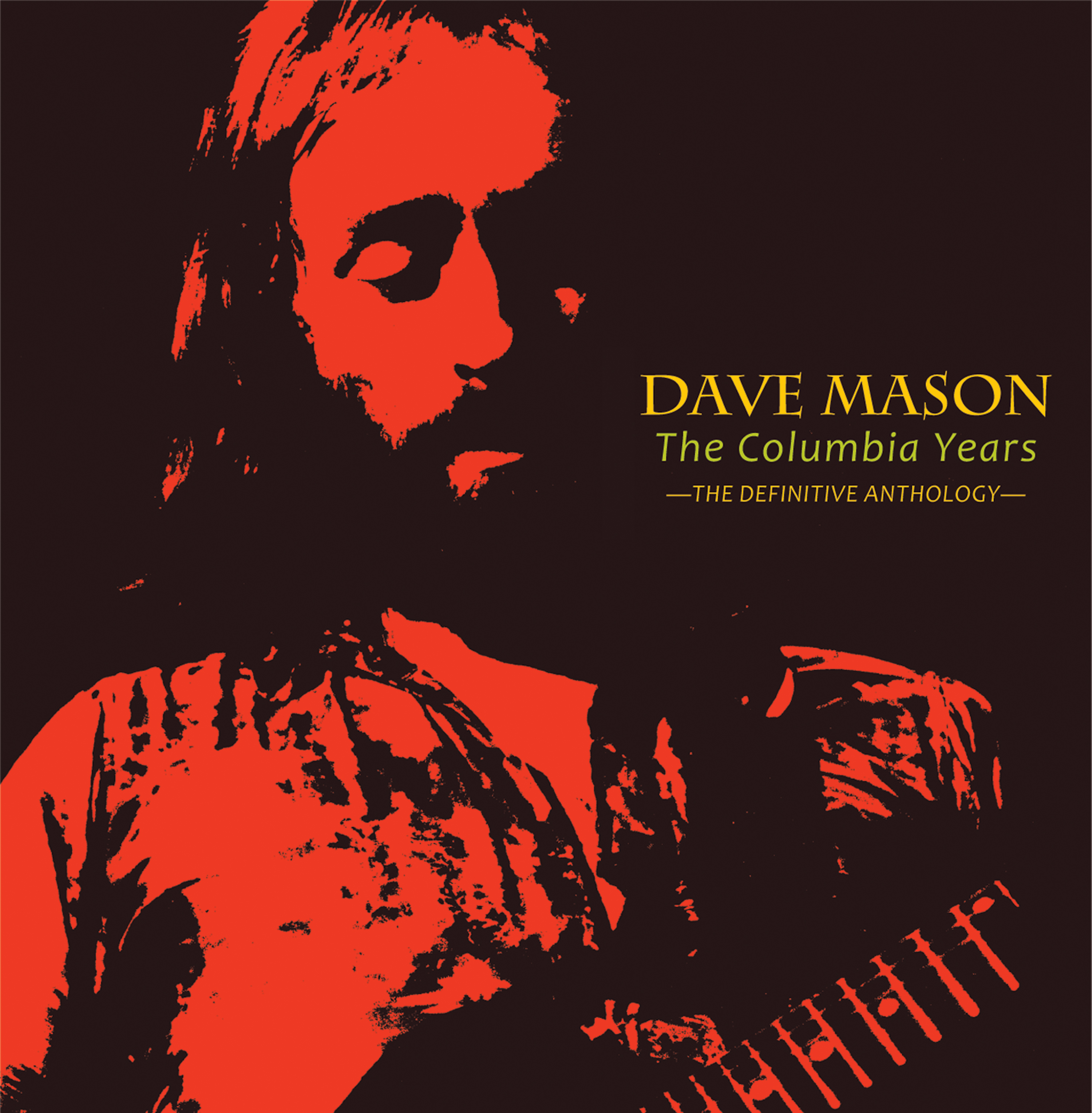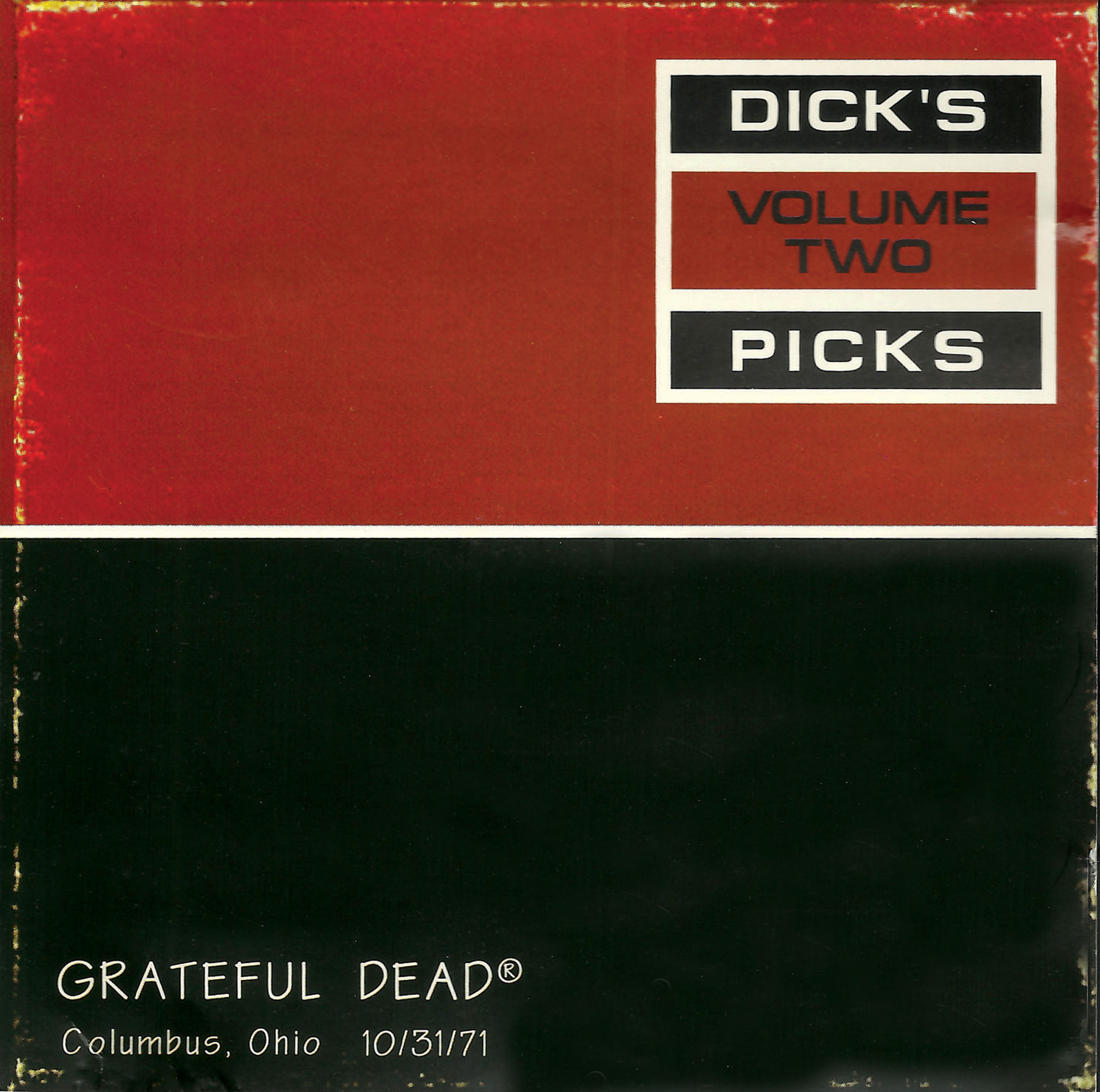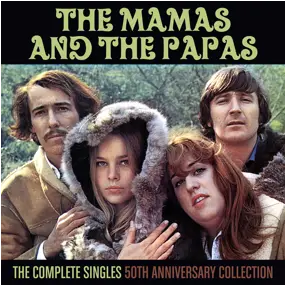Real Gone Music is turning up the heat this Summer with a release schedule that just might be the most illustrious one in its proud history. Leading off is another one of the label’s patented singles collection, this time focusing on the long-lost single sides of Steppenwolf, 38 songs strong and assembled after a worldwide search for the best audio sources, with track-by-track commentary by band leader and vocalist John Kay. The label then stays in the singles groove with a two-CD, 50-track set featuring the Atco/Atlantic singles of the late, great Ben E. King.
Then, Real Gone pays homage to another recently departed legend with a reissue of Someplace Else Now, the lone album Lesley Gore cut for the MoWest label. It makes its worldwide CD debut. And the label continues its rehabilitation of Dusty Springfield’s catalog with a collection of the sides she cut in the U.K. from 1970-1971, 17 hard-to-find tracks never before collected in one place.
The label then delves into two rare soundtracks. Composed by Robbie Robertson of The Band and the great soundtrack composer Alex North, the score to Carny remains one of the best-kept secrets in Robertson’s career. And the countercultural cult classic Steelyard Blues finally gets a Stateside reissue of its soundtrack featuring music by Mike Bloomfield, Nick Gravenites, Maria Muldaur, Paul Butterfield and Merl Saunders. Finally, the label winds up its August slate with a limited-edition reissue of Brazilian legend Jorge Ben’s 1972 release, Ben.
What was the hardest-rocking band ever to notch three Top Ten hits? By most any yardstick, it’s Steppenwolf. Formed from the Canadian band The Sparrow (including Dennis Edmonton a.k.a. Mars Bonfire), and led by vocalist John Kay, Steppenwolf scored with “Born to Be Wild,” “Magic Carpet Ride” and “Rock Me” in the space of nine months back in 1968-1969, and hit the charts eleven more times up though the mid-‘70s. Often tagged as a biker band—mostly due to their prominent presence on the soundtrack to Easy Rider—Steppenwolf was actually a socially-conscious, highly political outfit, never more so than on their controversial LP Monster, one of 14 charting albums released by the band over a 20-year period. This ability to enjoy commercial success on both the single and album fronts puts them in a very rare category in the annals of rock and roll; and, unsurprisingly, their albums have been well represented in the CD reissue era. Their singles, however, have largely been unavailable on CD in their original 45 mixes, as the tapes for the singles have long been missing (legend has it Dunhill label chief Jay Lasker discarded all the label’s multi-track tapes and mono masters after having deemed them too expensive to store). But, just like on our critically-acclaimed Grass Roots singles set, engineer Aaron Kannowski has, after a worldwide search, rounded up the best sources available and put together The ABC/Dunhill Singles Collection, a two-CD set that doesn’t just include the A and B-side of every Steppenwolf single on the ABC/Dunhill label (featuring, for the first time ever, a decent-sounding “Magic Carpet Ride”), but of every John Kay solo single as well! And, speaking of John Kay, he sat down with co-producer Ed Osborne for a thorough, track-by-track review for the liner notes (John also requested that we use the album version of “Monster” rather than the single version, because the single is such a pieced-together “Frankenstein” job…pun intended). At 38 tracks, and featuring photos by long-time band photographers Henry Diltz and Tom O’Neal nee Gundelfinger, this is the ultimate Steppenwolf collection—one long dreamed of by the band’s fans—and it’s finally here after years of preparation from Real Gone Music.
From his early days as a last-second replacement in the Drifters to his sterling solo career during which he scored a total of 31 pop and 24 R&B chart hits, the late, great Ben E. King was responsible for some of the most indelible recordings in pop music history. His big, beautiful baritone powered such Hall of Fame songs as “There Goes My Baby,” “Save the Last Dance for Me,” “Spanish Harlem” and, of course, “Stand by Me,” and—almost alone among R&B singers of his era—he successfully transitioned into the disco era of the ‘70s with hits like “Supernatural Thing” and his acclaimed collaboration with the Average White Band. Now, Real Gone Music, in tandem with SoulMusic Records, is planning to release two of the most ambitious collections ever devoted to Ben E. King’s work, a pair of 2-CD sets containing the A and B-side of every single the man released during his storied career recording for the Atco and Atlantic labels. The first, The Complete Atco/Atlantic Singles Vol. 1—1960-1966, features 50 tracks that cover the years 1960 to 1966; many of these songs (especially the B-sides) never came out domestically on CD, and most never came out at all on CD in the original mono single versions found here, all from original tape sources. These are the recordings—and the correct versions of the recordings—that went out over the radio airwaves and made Ben E. King a legend, including “Spanish Harlem,” “Stand by Me,” “Don’t Play That Song (You Lied)” and “”Amor,” remastered by Mike Milchner at SonicVision and annotated by British soul music expert/DJ Clive Richardson. With Ben’s recent passing, a timely release and a major addition to his catalog.
It’s hard to overestimate the role Lesley Gore played in charting the course of popular music. Not only was she probably the biggest female teen idol of her era—with four Top Five hits before she was of legal age—but she broke out of the “girl singer” mold with “You Don’t Own Me,” the proto-feminist #2 hit that inspired generations of female singers to come, and served notice that she was much more than just a pretty face with a pretty voice (indeed; Gore ultimately became a pioneering LGBT performer). However, despite Lesley’s lofty place in the pop music pantheon, there remain some pretty major gaps in the reissue of her repertoire on CD, notably the lone album she cut for Berry Gordy’s Motown subsidiary MoWest, Someplace Else Now. Produced by Joe Porter, this 1972 release marked Lesley’s move into a singer-songwriter mode; Gore wrote or co-wrote (with Ellen Weston or her brother Michael, with whom Lesley would later gain renewed acclaim for collaborating on the score to the hit film Fame) every song on the album. Though it failed to make a significant commercial impact at the time, Someplace Else Now has come to be regarded as a lost, blue-eyed soul gem, and it makes its worldwide CD debut on this Real Gone reissue, complete with liner notes by Joe Marchese and remastering by Mike Milchner at SonicVision. With Lesley’s recent passing, a most timely release and one long requested by her legion of fans.
During her 1968-1971 period with Atlantic Records in the United States, Dusty Springfield also continued to record material in England, where her Atlantic repertoire was released on Philips Records. In turn, Atlantic received rights to issue Dusty's British recordings from the era, but chose to focus entirely on her American sessions. In fact, it wasn’t until the ‘90s that some of these masters (many of which originally came out on the Philips See All Her Faces album overseas) were available Stateside, but they were scattered across several compilations and were never comprehensively assembled. Now, with the release of Come For A Dream—The U.K. Sessions 1970-1971, all of Dusty’s “orphaned” British recordings from her 1970-1971 Atlantic period have been gathered together for the first time. These 17 sides document what was intended to be a complete album plus some extra single sides and outtakes. Dusty was singing at her absolute best during this time, covering pop, rock and soul with equal power and sensitivity; thus, Come For A Dream represents a major addition and clarification to the legendary singer’s discography. Notes by Joe Marchese shed further light on this tumultuous period in Dusty Springfield’s career, with rare photos to boot. A perfect companion piece to Real Gone Music’s recent Faithful release, which presented Dusty’s missing third album for Atlantic from the same era in proper fashion for the first time.
Though he was one of the three acting leads (along with Jodie Foster and Gary Busey) in the 1980 film Carny, it’s debatable how many fans of Robbie Robertson and his work with and without The Band are aware of this key release in his discography. That’s because, despite the pedigree of its cast and the colorful setting of a traveling carnival, the film bombed at the box office, weighed down by a weak script and questionable directorial choices. But the score—half composed by Robertson and half by the great Alex North (Cleopatra, Who’s Afraid of Virginia Woolf et al.) remains a wonderful oddity. Robertson had himself spent two years working at a carnival in his teens, so it was a subject near and dear to his heart (witness The Band’s “Life Is a Carnival”); he also reached out to friends like Dr. John and Randall Bramlett to create sonic settings alternately sleazy, strutting and funky (and don’t miss his guitar solo on “Garden of Earthly Delights”). North, for his part, seemed affected by what Robertson in Rob Bowman’s liner notes to this Real Gone reissue terms the “insane” nature of the film shoot, particularly on the closing “Carny Theme,” which Robertson calls “like Nina Rota on acid.” Right after the film wrapped, Robertson went to New York to serve as musical supervisor for Martin Scorsese’s Raging Bull, which began a long string of collaborations with Scorsese and other film directors; thus, as his first involvement with dramatic film, Carny really heralded a new artistic avenue in Robertson’s career. Worldwide debut on CD, with liner notes featuring copious quotes from the actor/composer himself!
With a killer leading couple of Jane Fonda and Donald Sutherland—fresh from their box office triumph co-starring in Klute—and a soundtrack by the Electric Flag’s Mike Bloomfield and Nick Gravenites—with performances by Paul Butterfield and Maria Muldaur—you would think that the 1972 film Steelyard Blues would be better known than it is. Alas, the film was one of those only-in-the-early-‘70s countercultural romps that died at the box office; Fonda plays a call girl (again) who hooks up with Sutherland’s bumbling ex-con to restore a seaplane and attempt an escape from The Man breathing down their collective necks. Poorly reviewed and largely forgotten by film audiences, it has remained a cult classic because of its soundtrack, which marked Mike Bloomfield’s first release of any kind in three years, and reunited him with Gravenites, with whom he’d composed music in the Electric Flag for the soundtrack to Roger Corman’s B-movie classic The Trip. Here, the emphasis was less on psychedelia than on a jaunty mix of blues, rock and country to match the shambolic goings-on on screen; there’s no mistaking Bloomfield’s stinging blues-rock licks for those of any other guitarist, and a pre-“Midnight at the Oasis” Muldaur serves notice of her impending superstardom. Completing the musical cast was Paul Butterfield, in whose band Bloomfield first broke into prominence, keyboardist Merl Saunders, later of course to collaborate with the Grateful Dead’s Jerry Garcia, and Annie Sampson of the Bay Area group Stoneground. This Real Gone release of the Steelyard Blues soundtrack marks its first domestic reissue—new copies of the now out-of-print Japanese release go for hundreds of bucks—and it sports new liner notes by Richie Unterberger. A long-lost underground soundtrack gem.
If there was one thing that all the movements that swept Brazilian popular music during the ‘60s and ‘70s—bossa nova, Jovem Guarda, Tropicalia, Música Popular Brasileira, samba soul, Black Rio—had in common, it was that they all revered Jorge Ben. That’s because Ben incorporated aspects of all their styles without compromising his own; as Caetano Veloso put it, “Jorge Ben, without attempting an artificial or homogenizing ‘fusion,’ came through with a strong, original sound, confronting a body of issues from the opposite end, that of the finished treatment, while we were groping and coming up with varied and incomplete solutions.” Now, Real Gone Music and Dusty Groove are embarking on a long-awaited tour through Ben’s catalog, starting with his 1972 masterpiece, Ben. This is the album that made Jorge Ben a superstar in Brazil, a lean marvel of rhythmic and melodic concision that contains some of his most indelible, durable songs, like the first version of “Taj Mahal” and his ode to his favorite soccer player, “Fio Maravilha.” Peerless Brazilian pop, out on CD for the first time outside of Brazil, and packaged inside a mini LP sleeve that exactly replicates the original vinyl release. Limited edition of 2000.
AUGUST 7 RELEASES FROM REAL GONE MUSIC
Ben E. King: The Complete Atco/Atlantic Singles Vol. 1—1960-1966 (2-CD Set)
Lesley Gore: Someplace Else Now
Dusty Springfield: Come for a Dream—The U.K. Sessions 1970-1971
Robbie Robertson/Alex North: Carny—Sound Track from the Motion Picture
Mike Bloomfield & Nick Gravenites: Steelyard Blues—Original Sound Track from the Motion Picture






